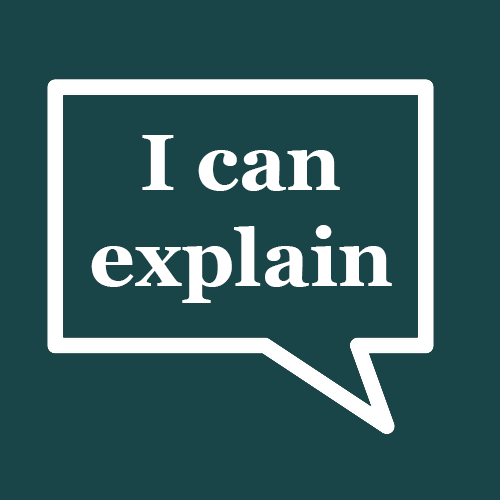In June of 2013, I was fortunate to be able to attend an evening billed as “A Conversation with Matt Mullenweg of WordPress.”
\
WordPress has been good to me – when I blog both here and for fun, I get to focus on the part of blogging I enjoy the most, while still being accessible on all Internet platforms. And when I help clients set up WordPress sites, I know that they are happy when I never hear from them again. That means they’ve taken the reins of their sites and are happy to have full control of their web content, themselves. So I was very interested in meeting the key developer who made WordPress what it is today.
In Wellington, 125 of us registered – Mullenweg cheerfully told us that we beat out Melbourne’s 85 registrants. We were loosely connected by the WordPress Meetup group and other technical social ties. Our demographic ranged from vocal-fry millenials to canny software silverbacks. I enjoyed observing and chatted with the people around me, including one of New Zealand’s Wordcamp organizers.
Then, a bearded version of my younger brother diffidently took to the stage, with a WordPress logo laptop. “That’s him! He’s, like, one of our legends,” a millenial behind me breathed. After a somber moment connecting his presentation, Mullenweg turned on a smile that stayed lit up for two hours, and his talk began.
We started with Mullenweg’s personal history – he shared more about his affable geeky youth in Austin than is described in this profile here. His IT career began in high school, when he bartered tech support and websites for jazz lessons. His social bent, along with his love of music and photography, led him to enjoy early blogging services, which then drew him into programming to improve his preferred blogging service.
Some intriguing facts from the talk:
- 22% of websites posted on Planet Earth now use WordPress.
- WordPress is open-source software. Support and advertising services around WordPress mean that its parent company, Automattic, is a profitable company.
- WordPress hires all over the world – see http://automattic.com/ for details. “I’d like to hire five to ten people in every city where I’m speaking,” he declared, and the entire room sat up straighter.
- Mullenweg’s concluding advice: “If you don’t know what to do – write a blog post. It makes everything better.”
To get you started writing your own blog posts, if you want to know more about WordPress in New Zealand, the next Wordcamp is taking place this July in Auckland, and Wordcamp will also return to Wellington in the future.
The evening was a smoothly-organized pleasure for us attendees. Between Mullenweg’s talk and the lively, engaged attendees, my personal takeaway was that IT work and emotional intelligence/social usability are increasingly linked. I look forwards to what it brings to those of us who are communicating and educating about available tools.

